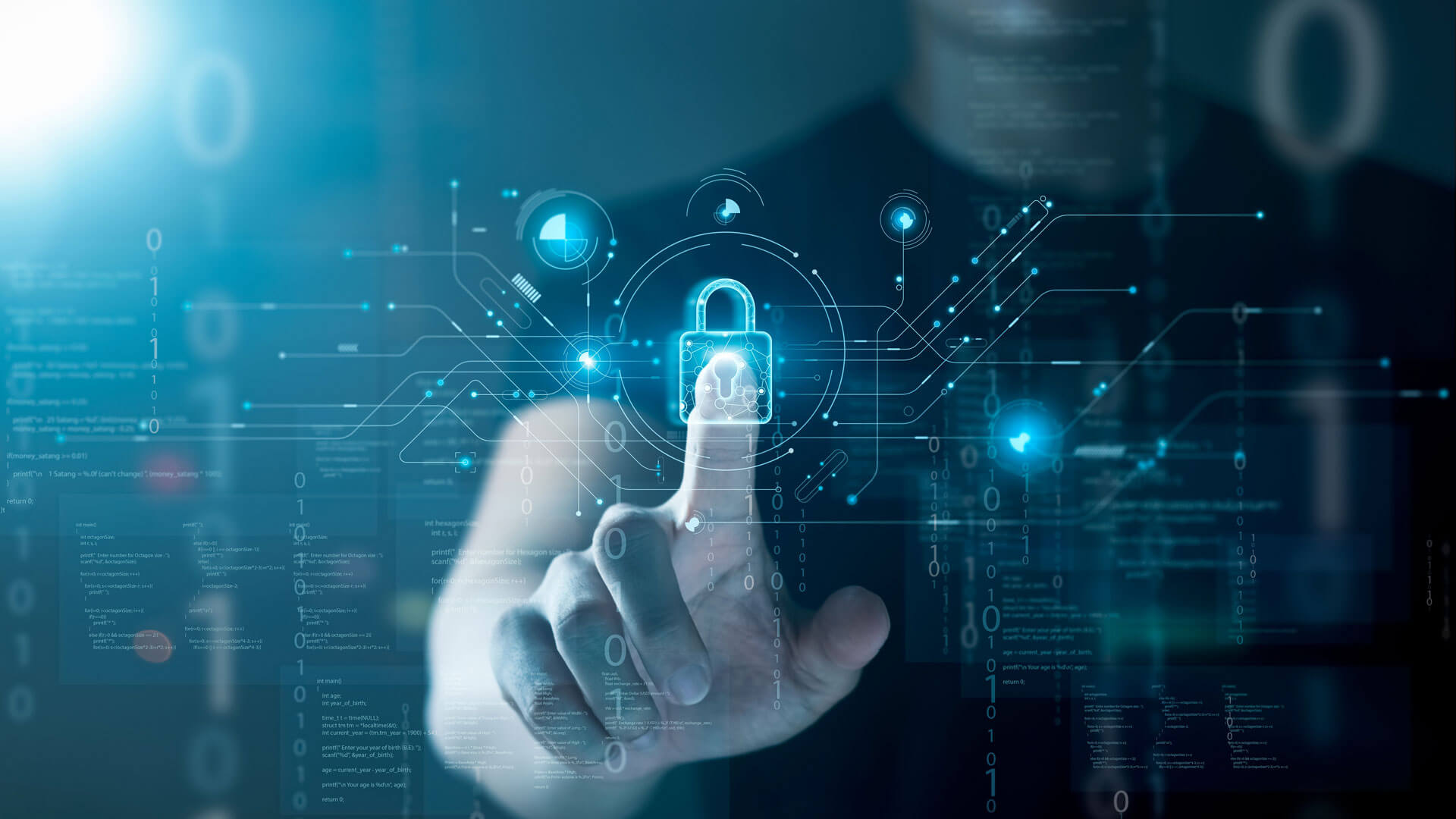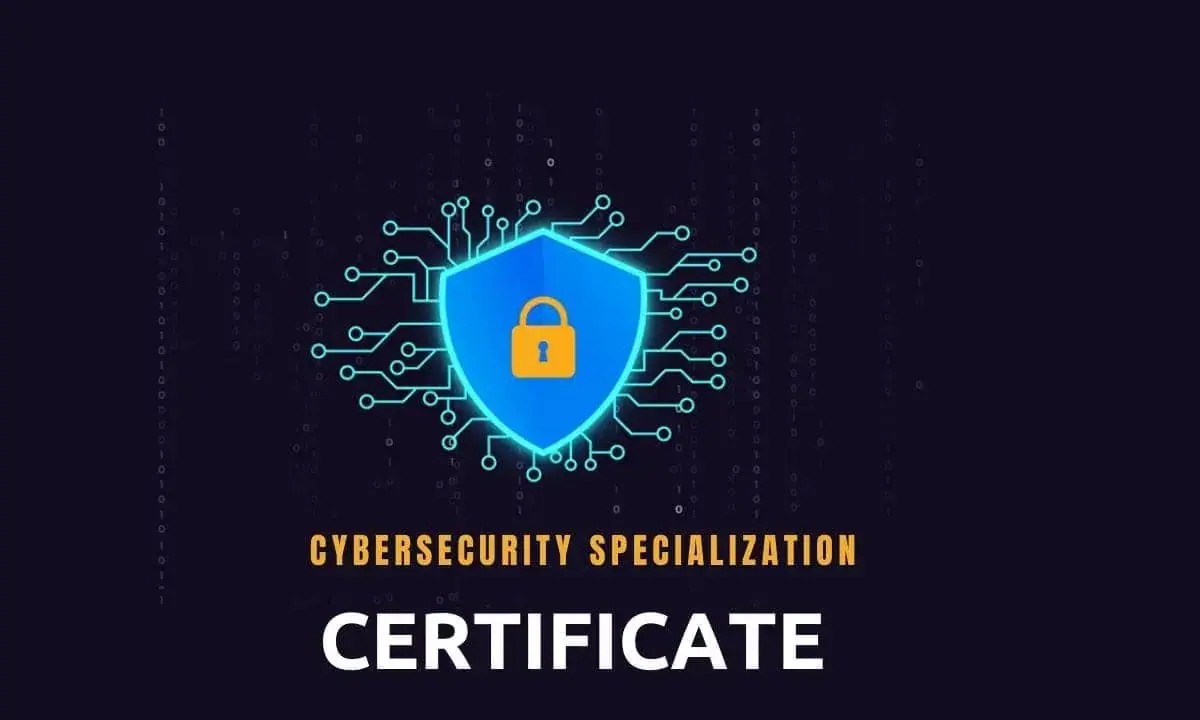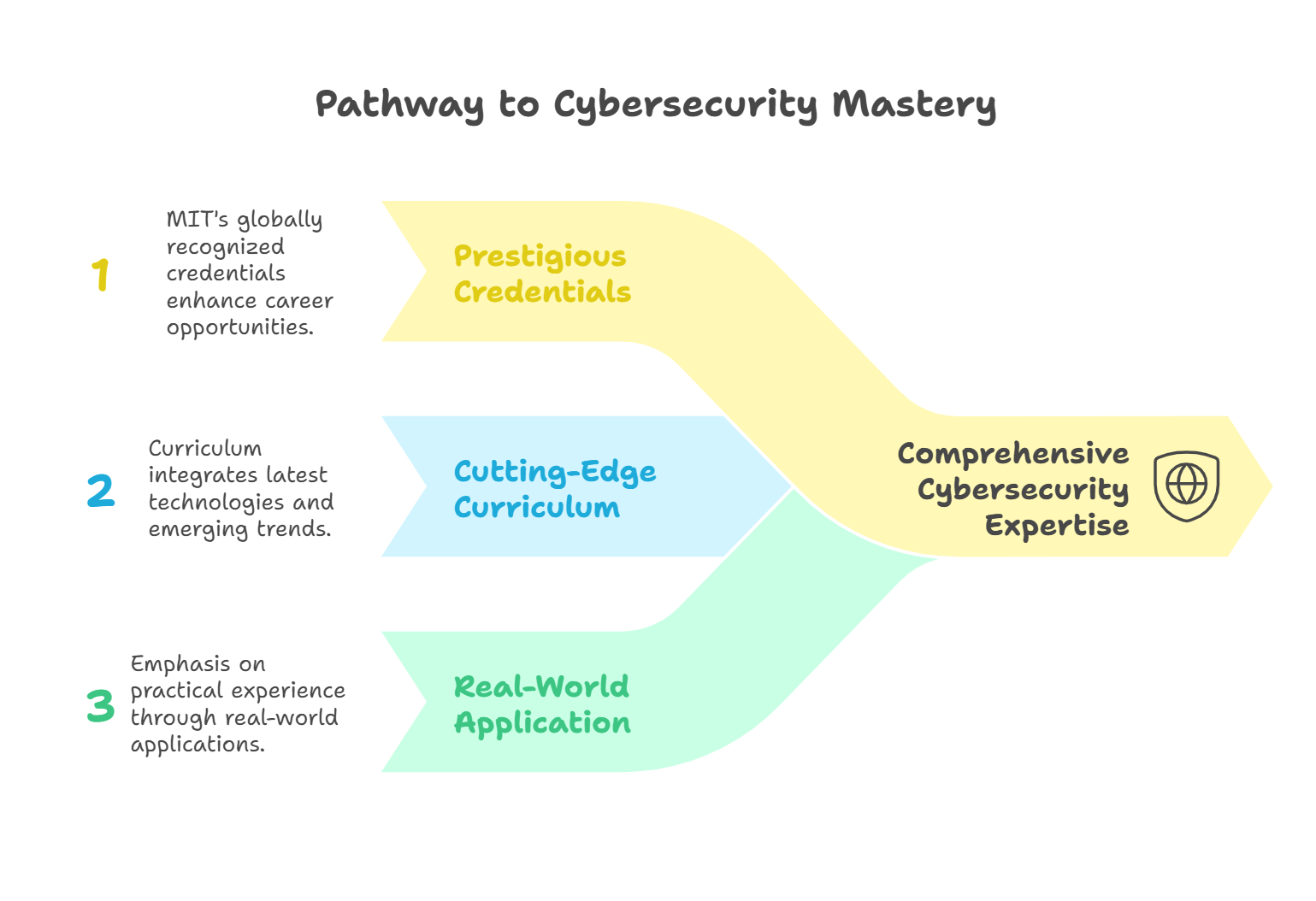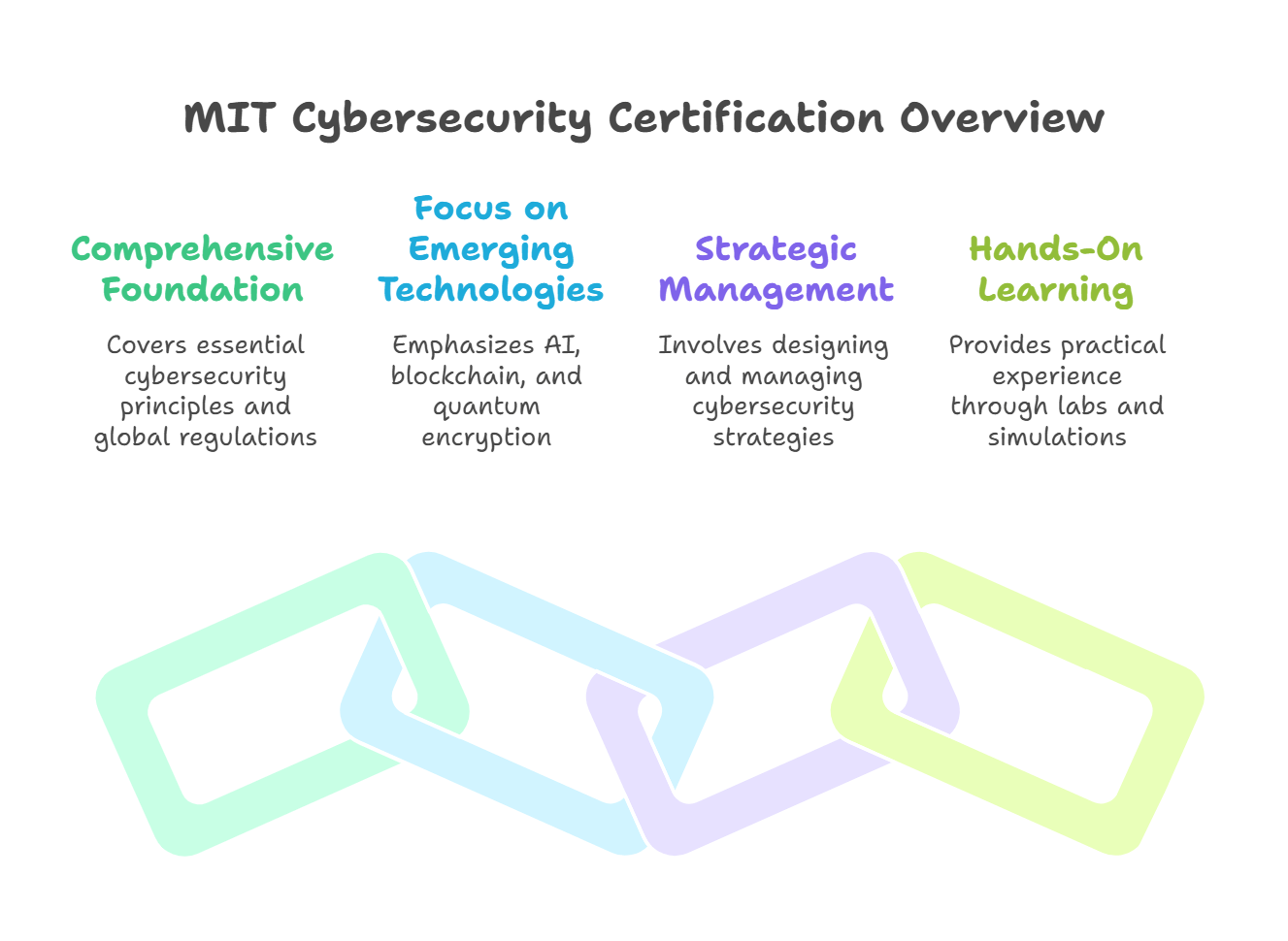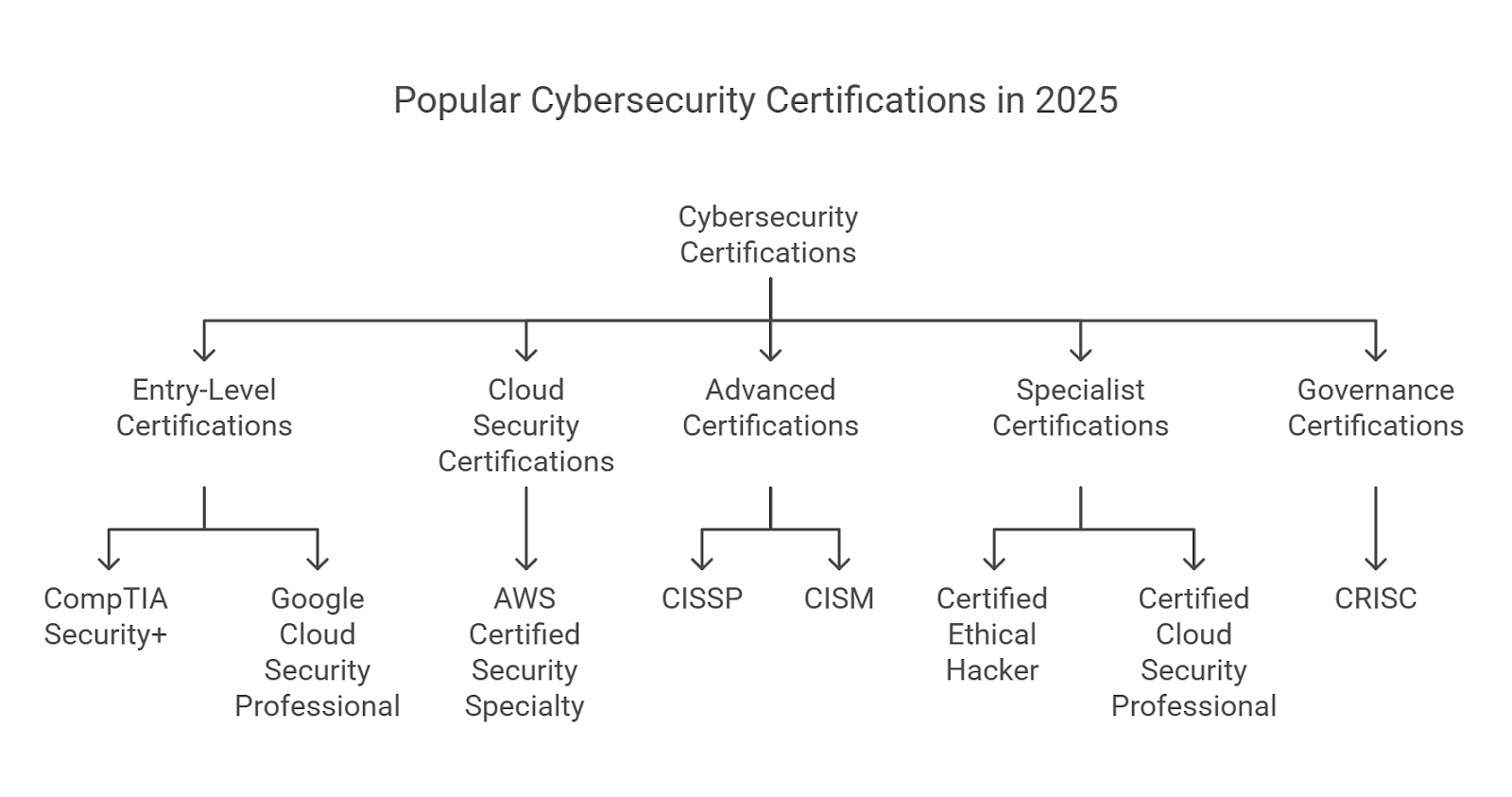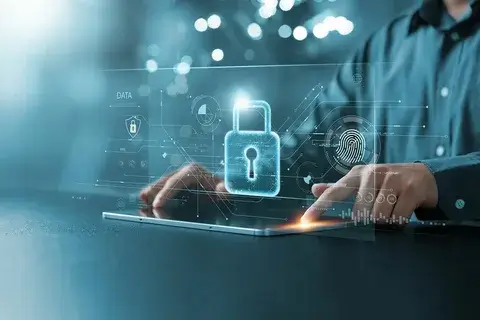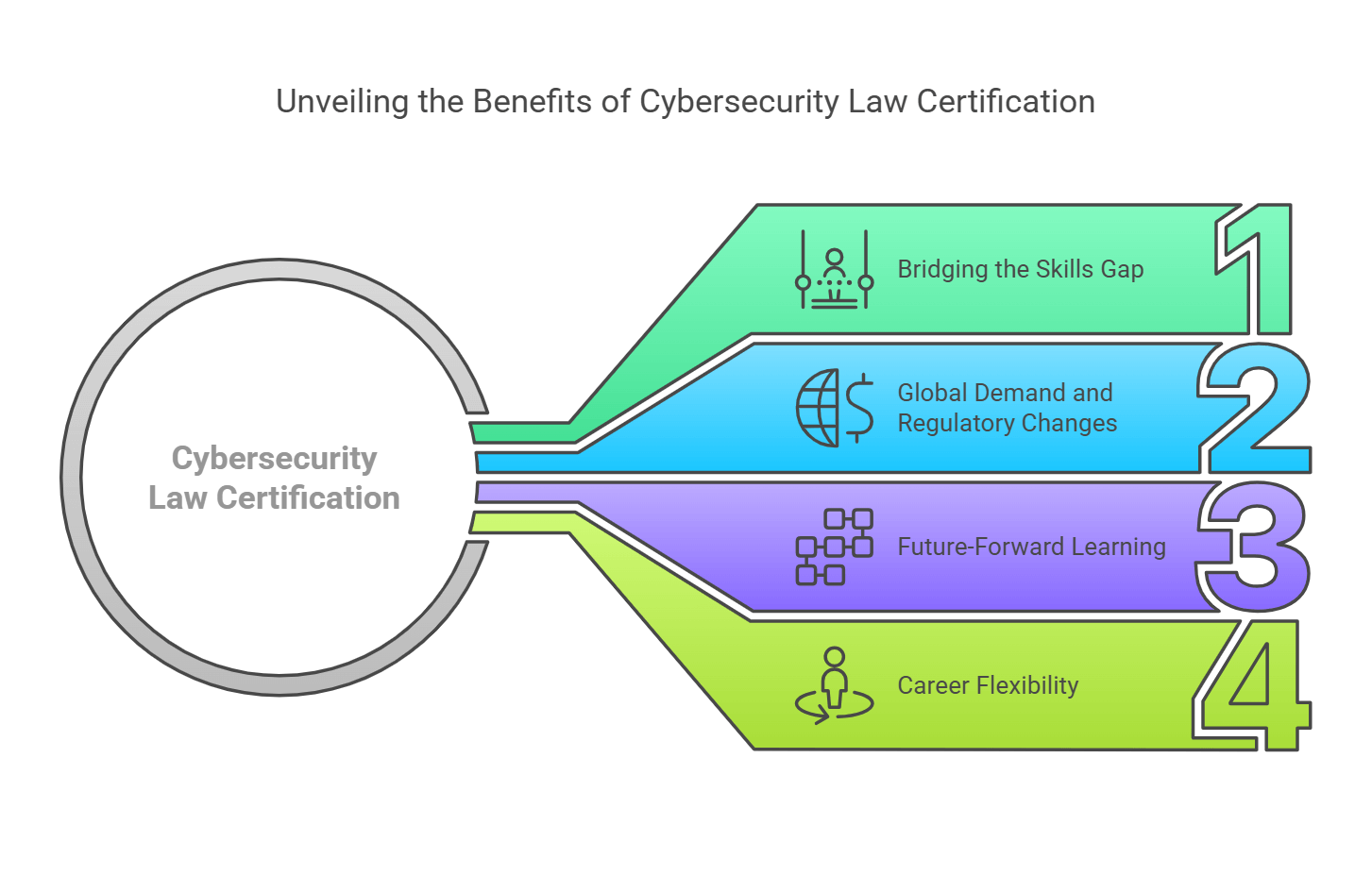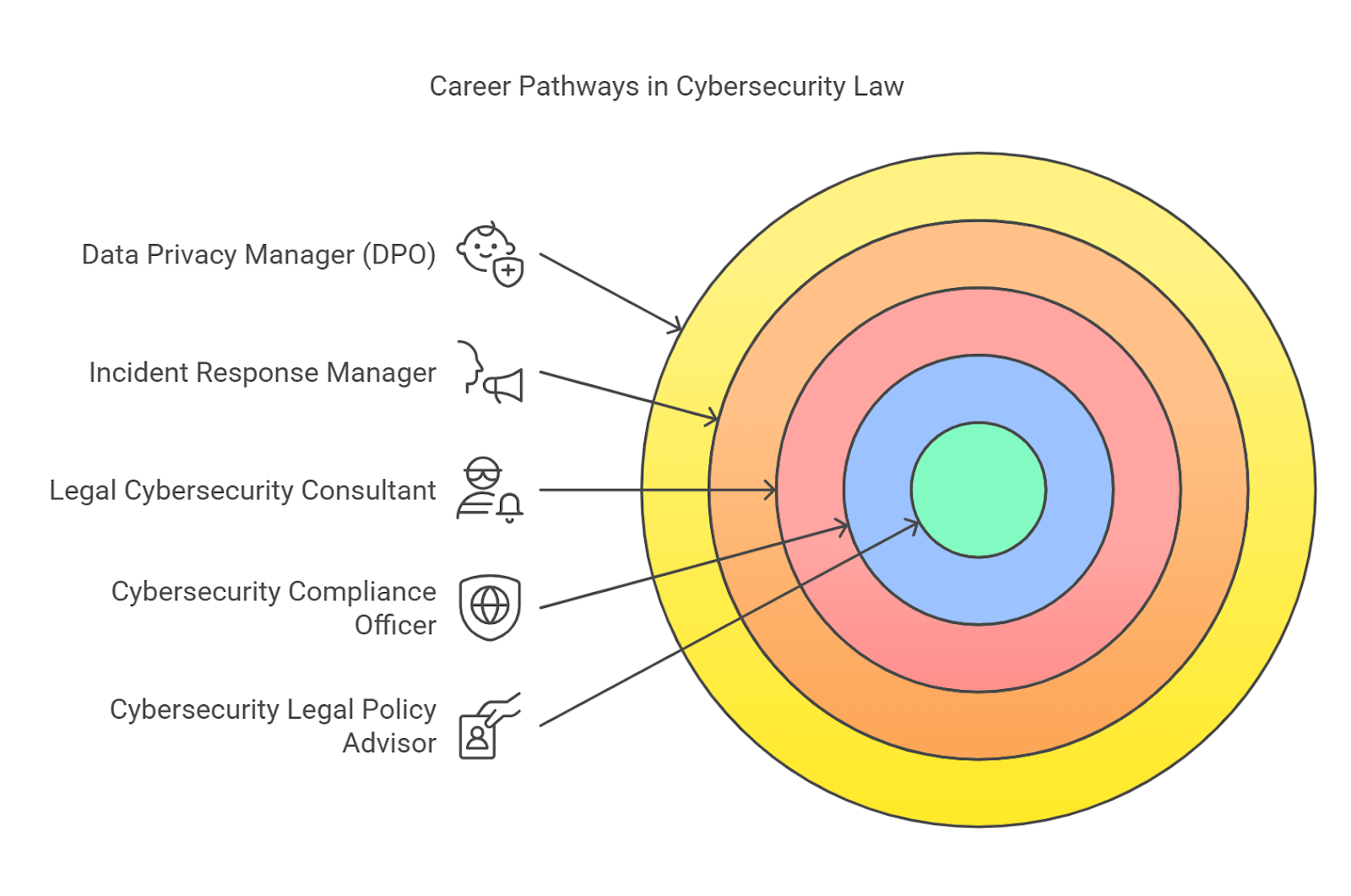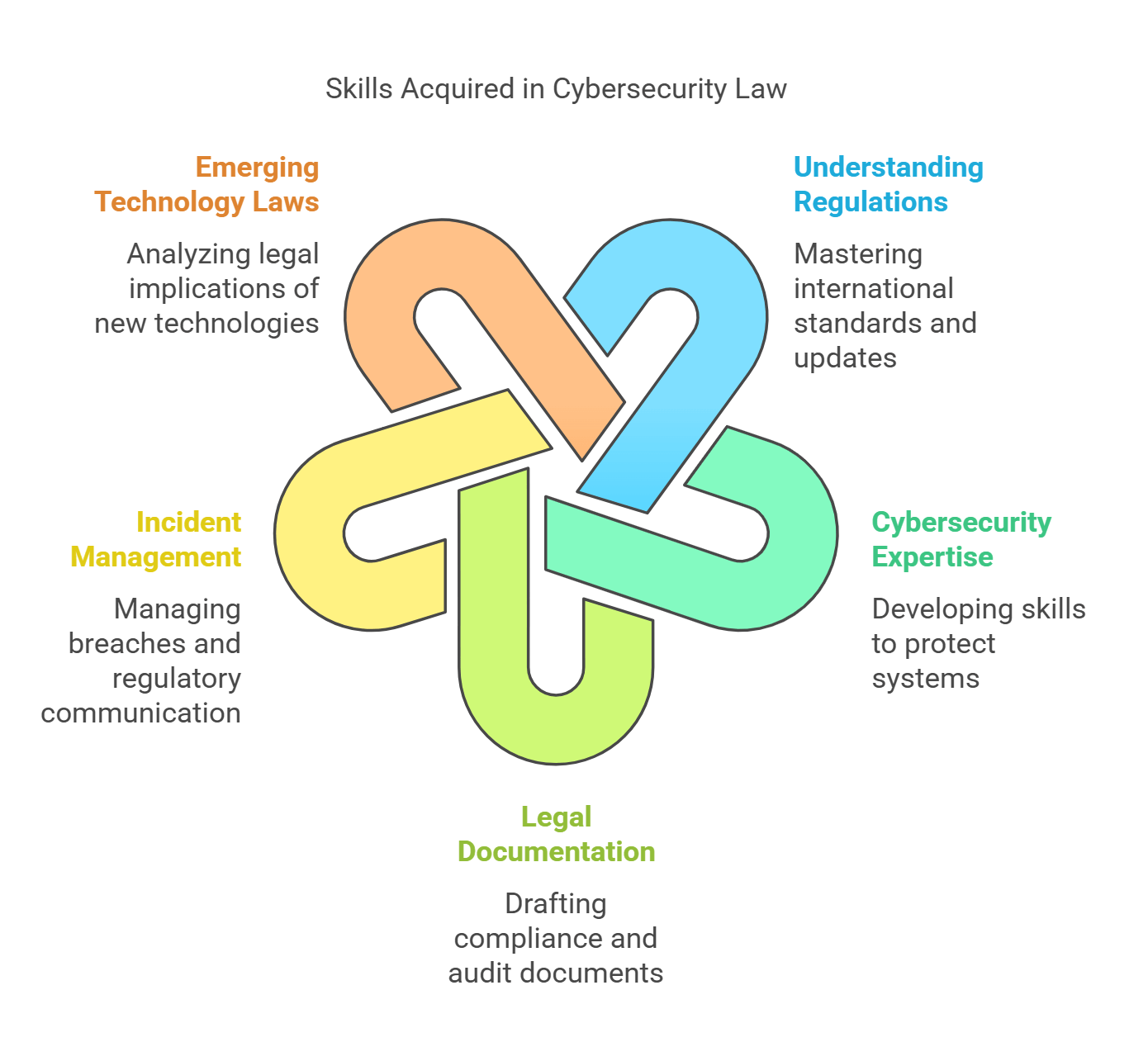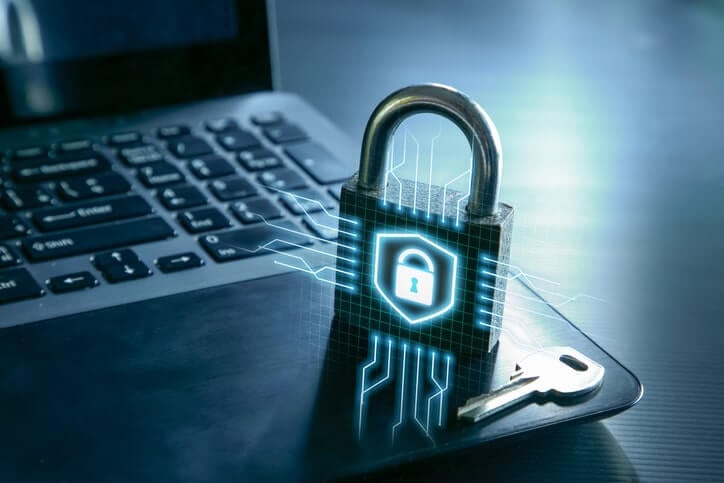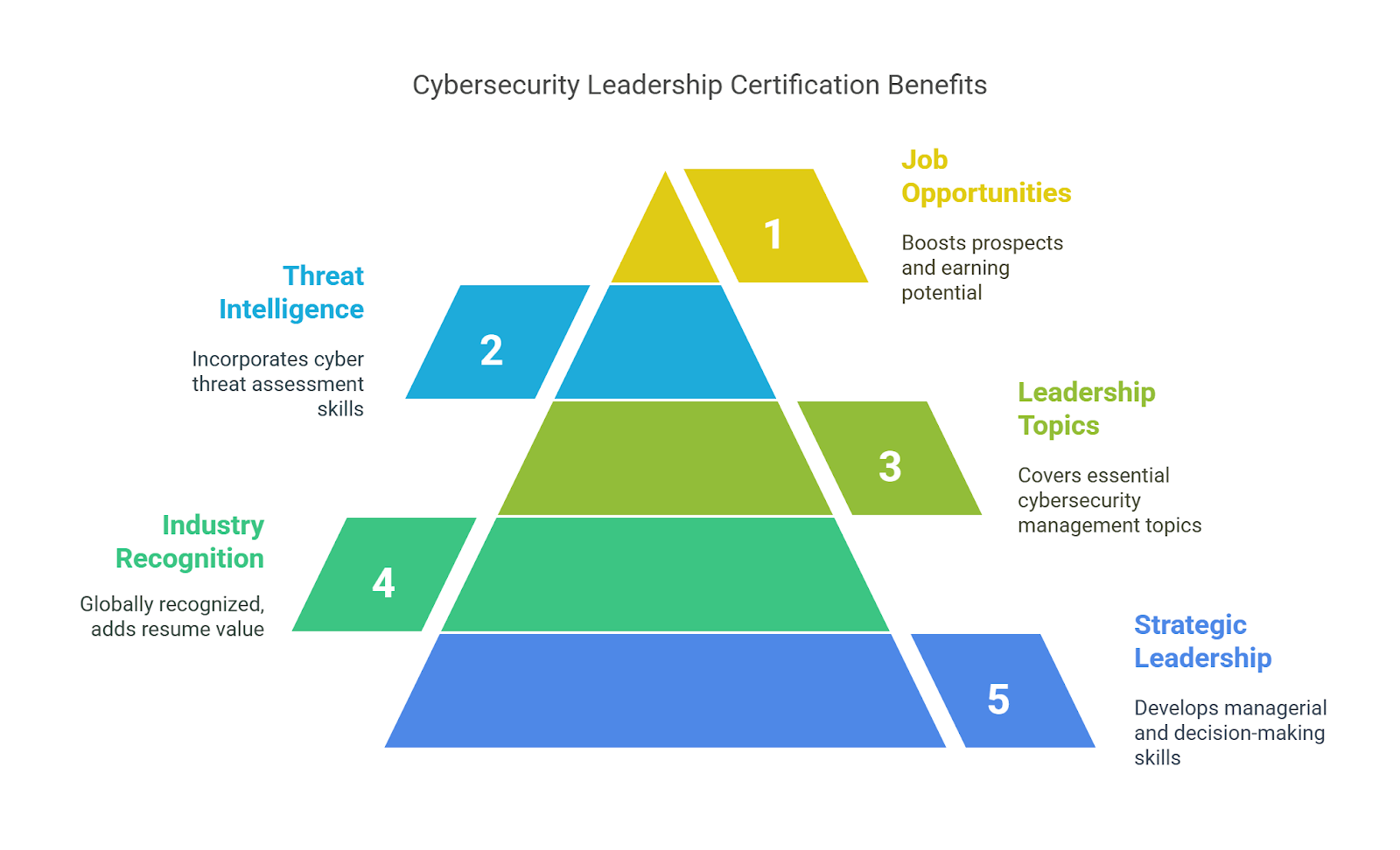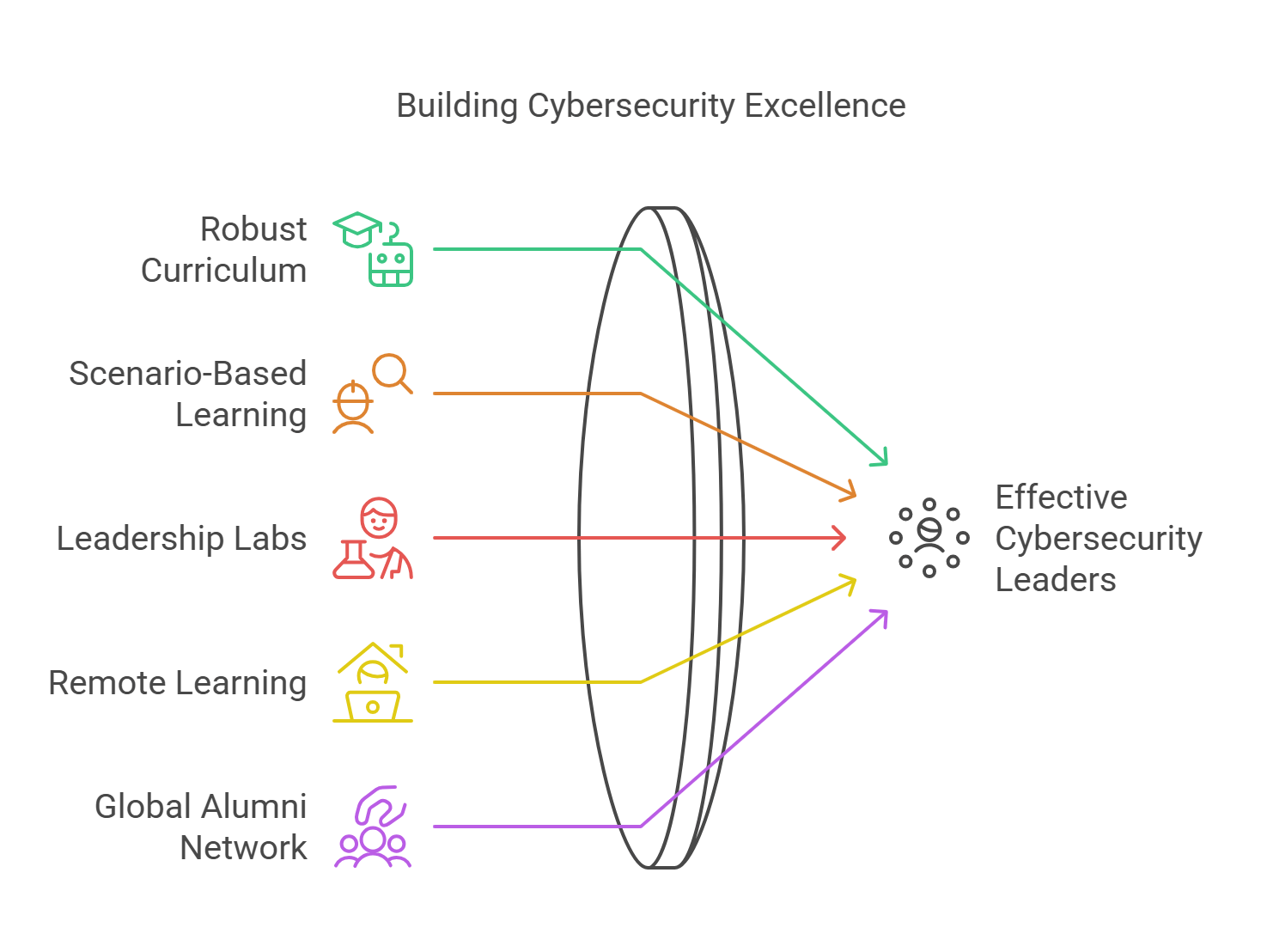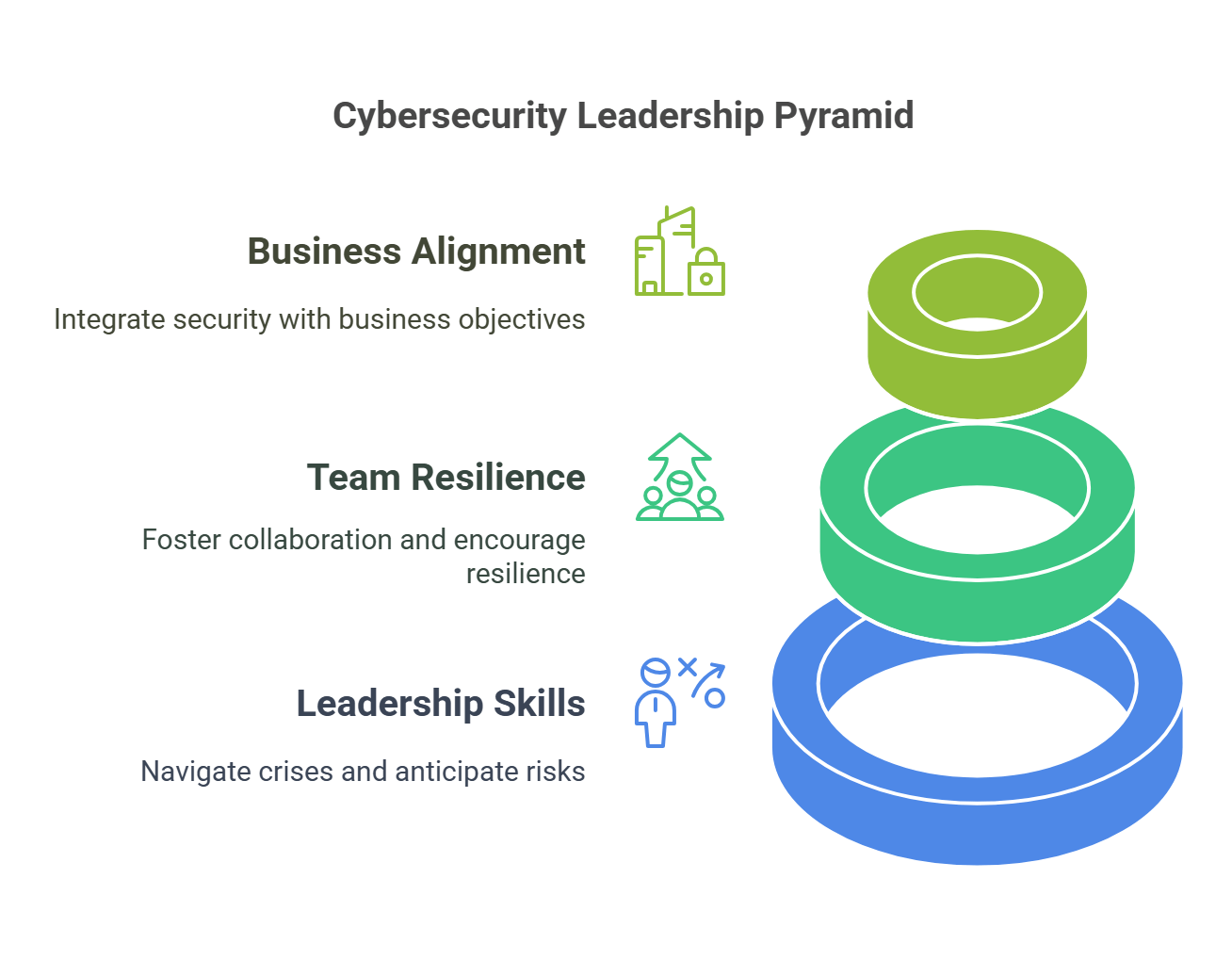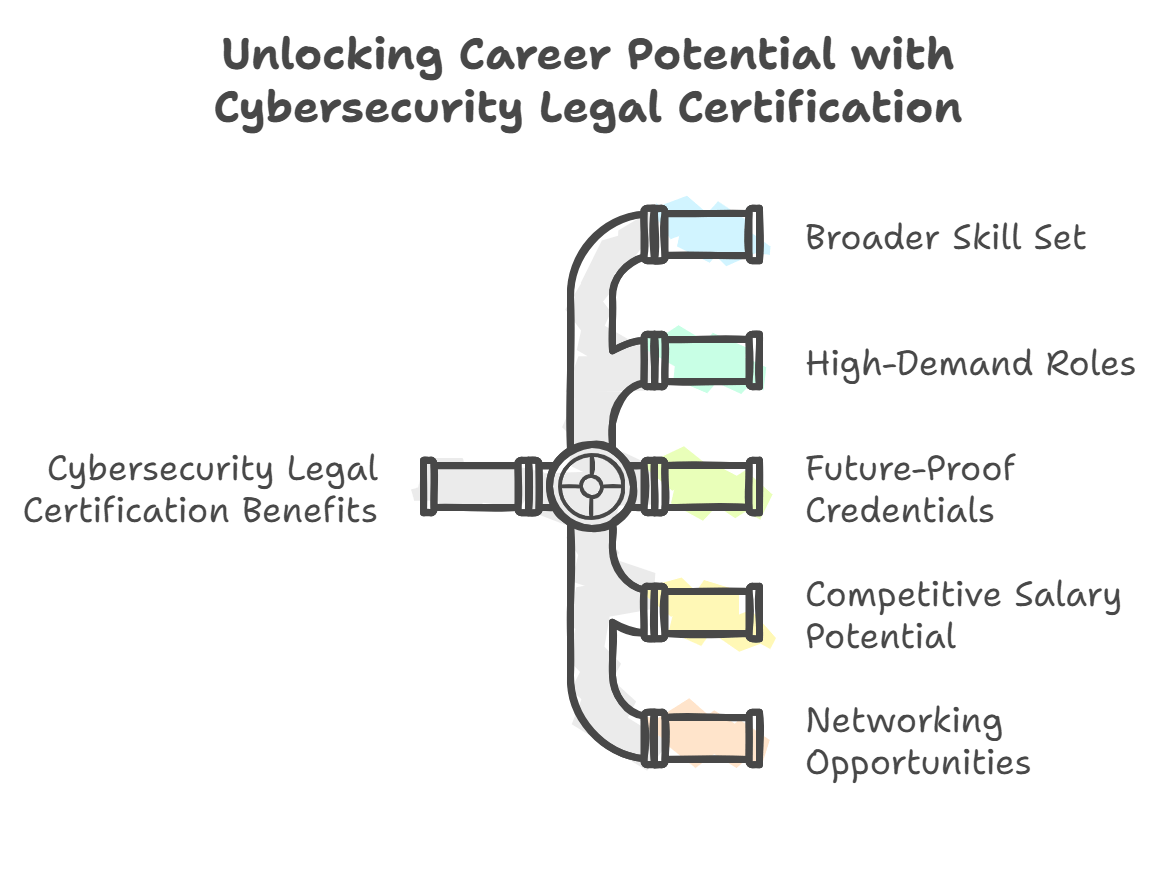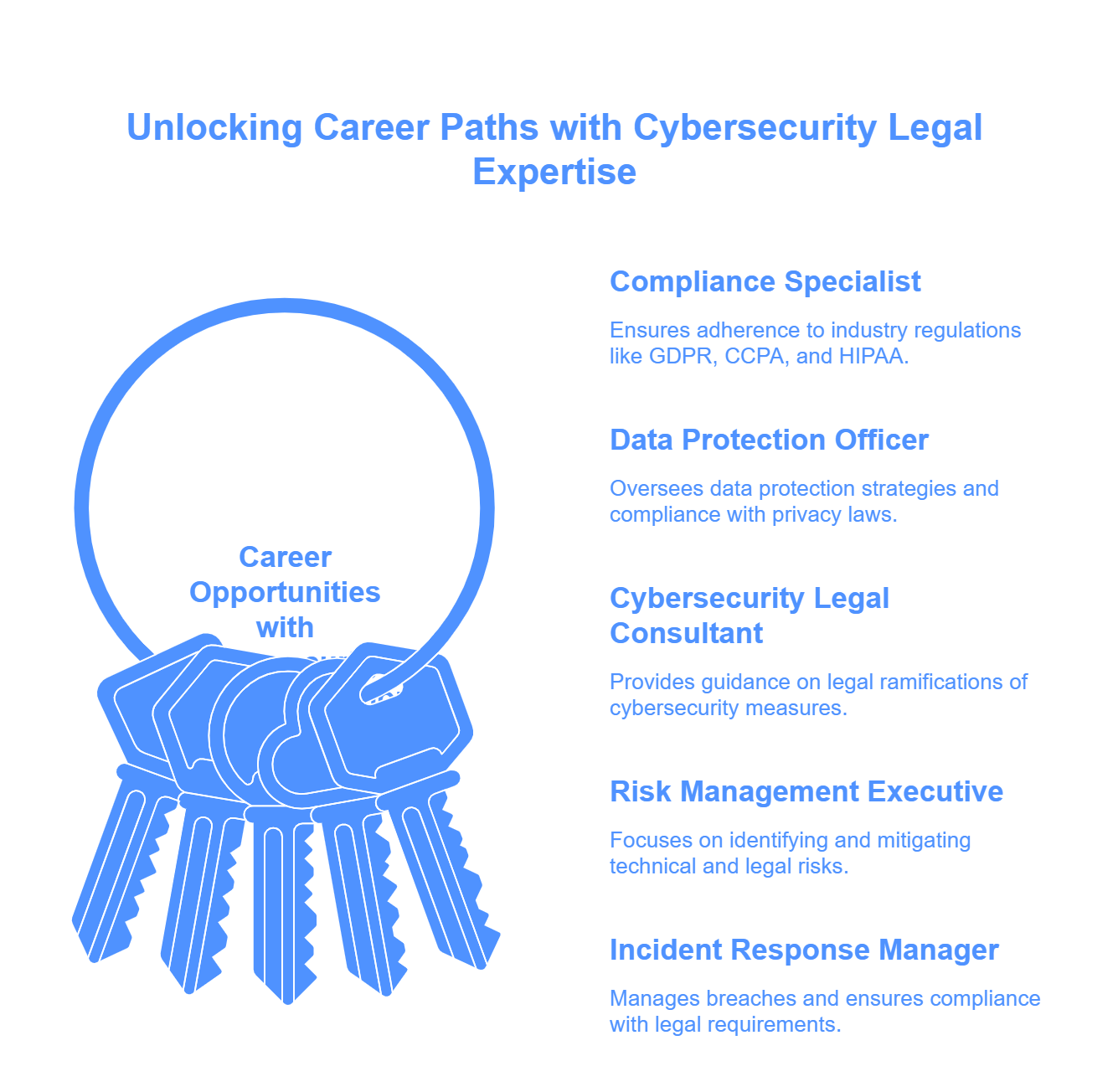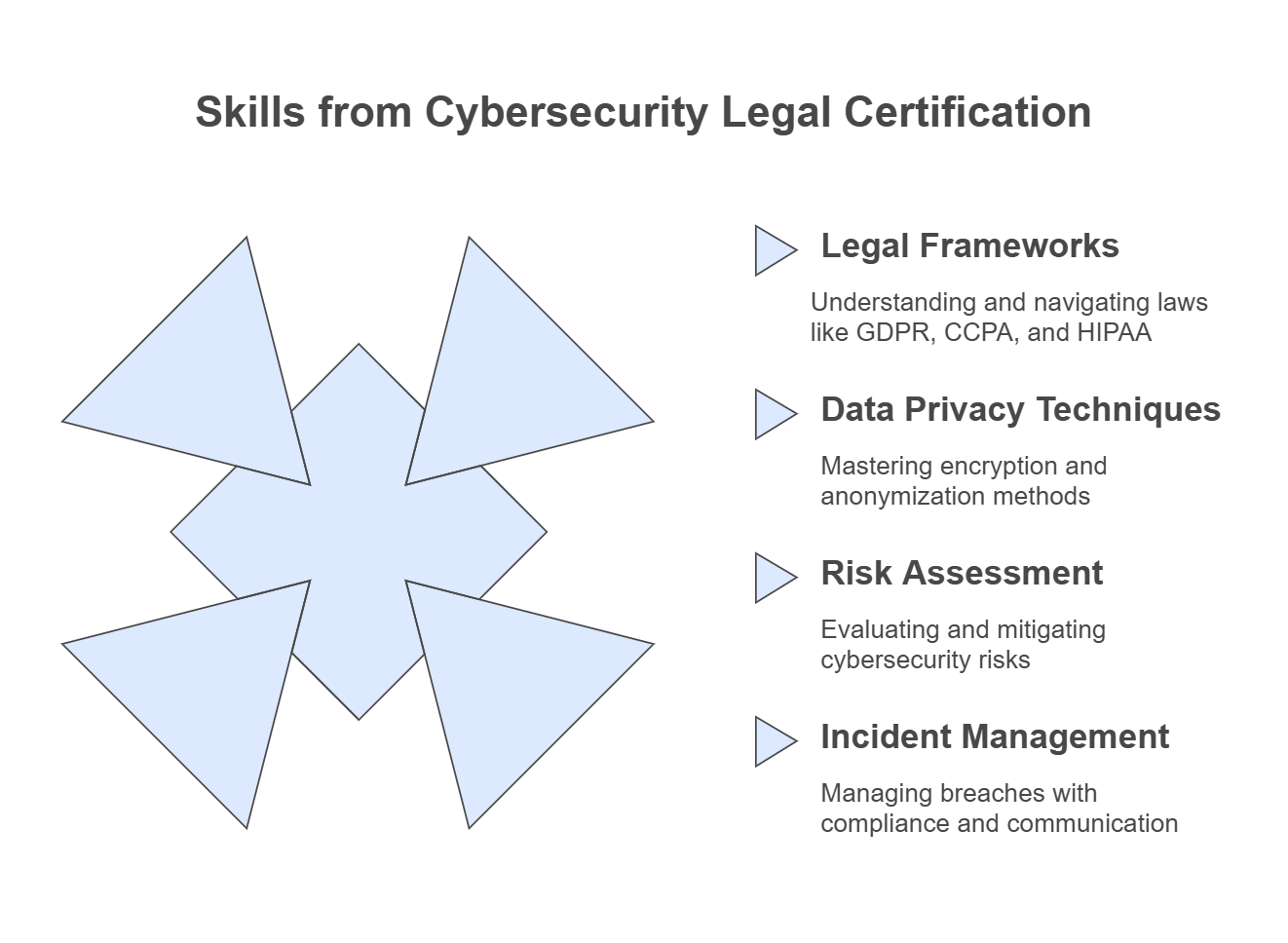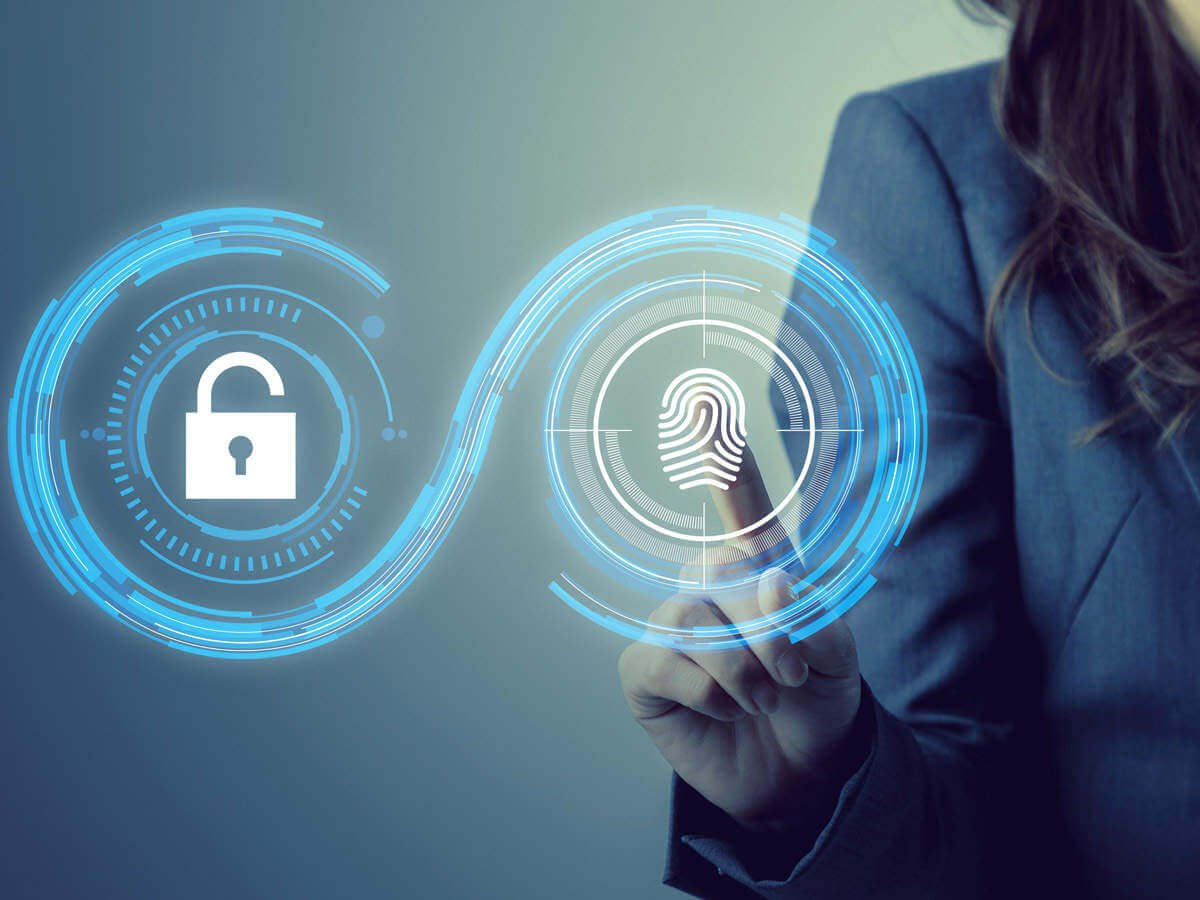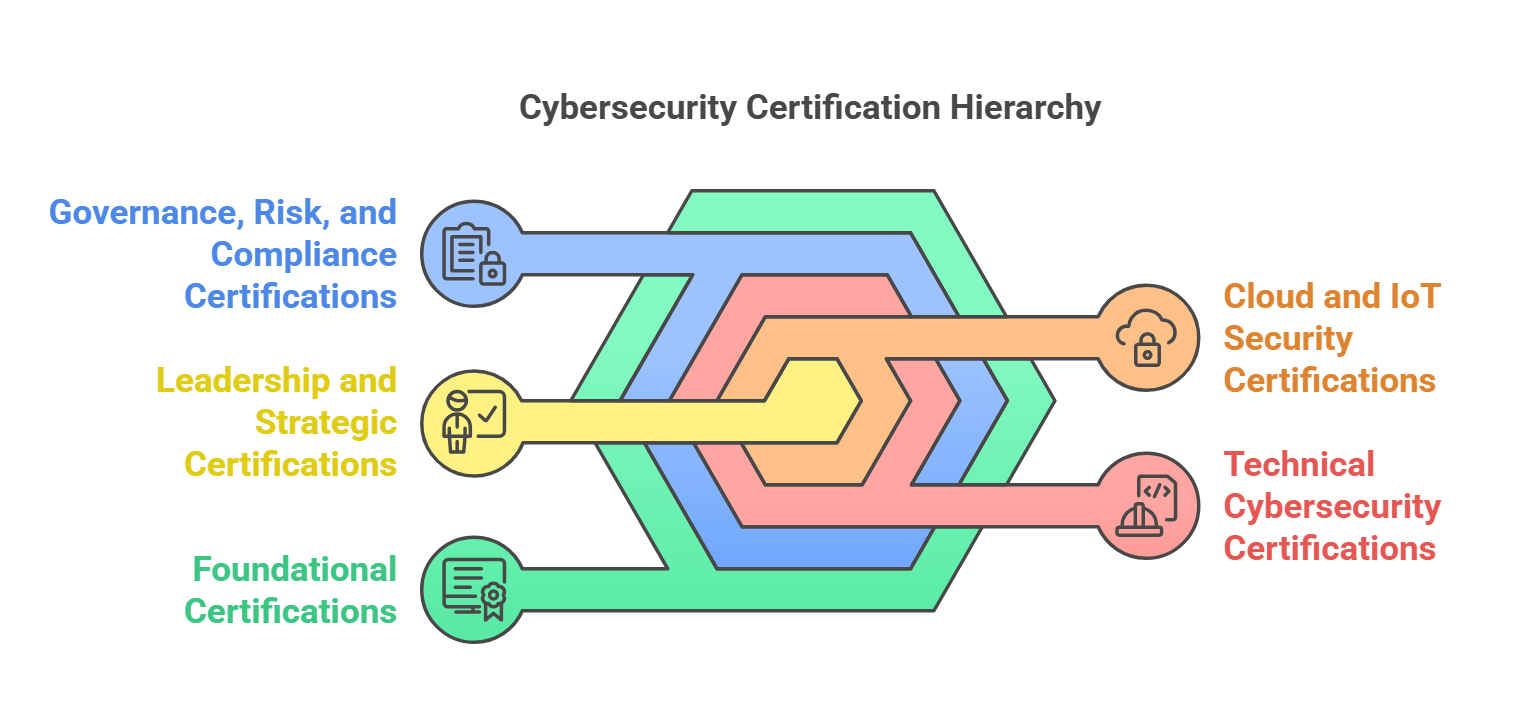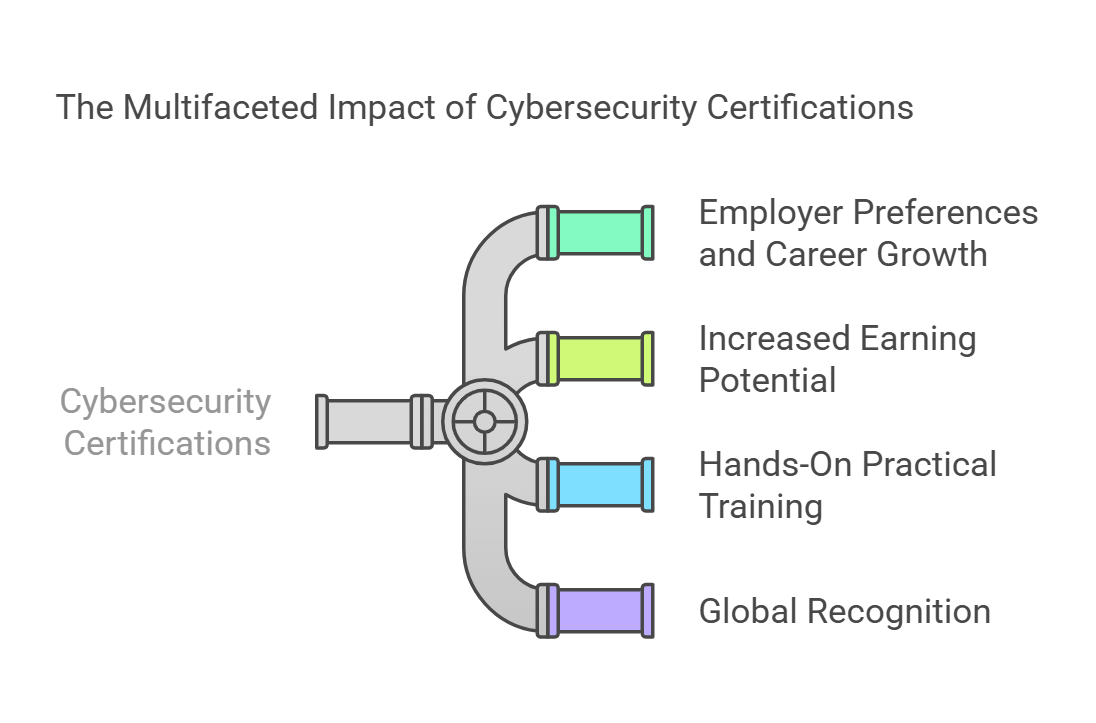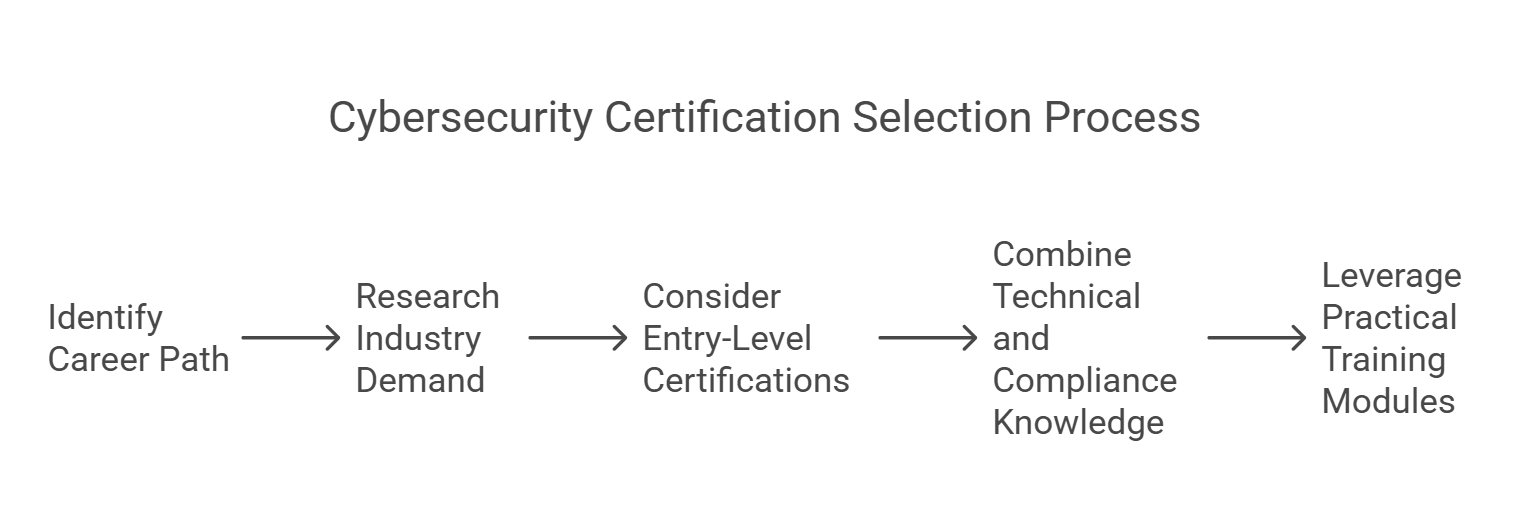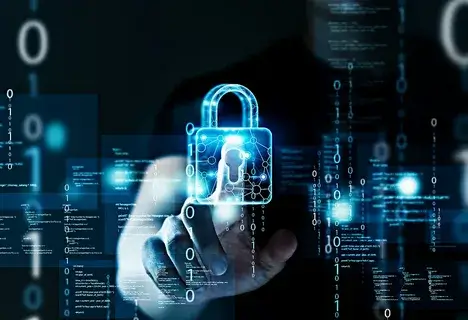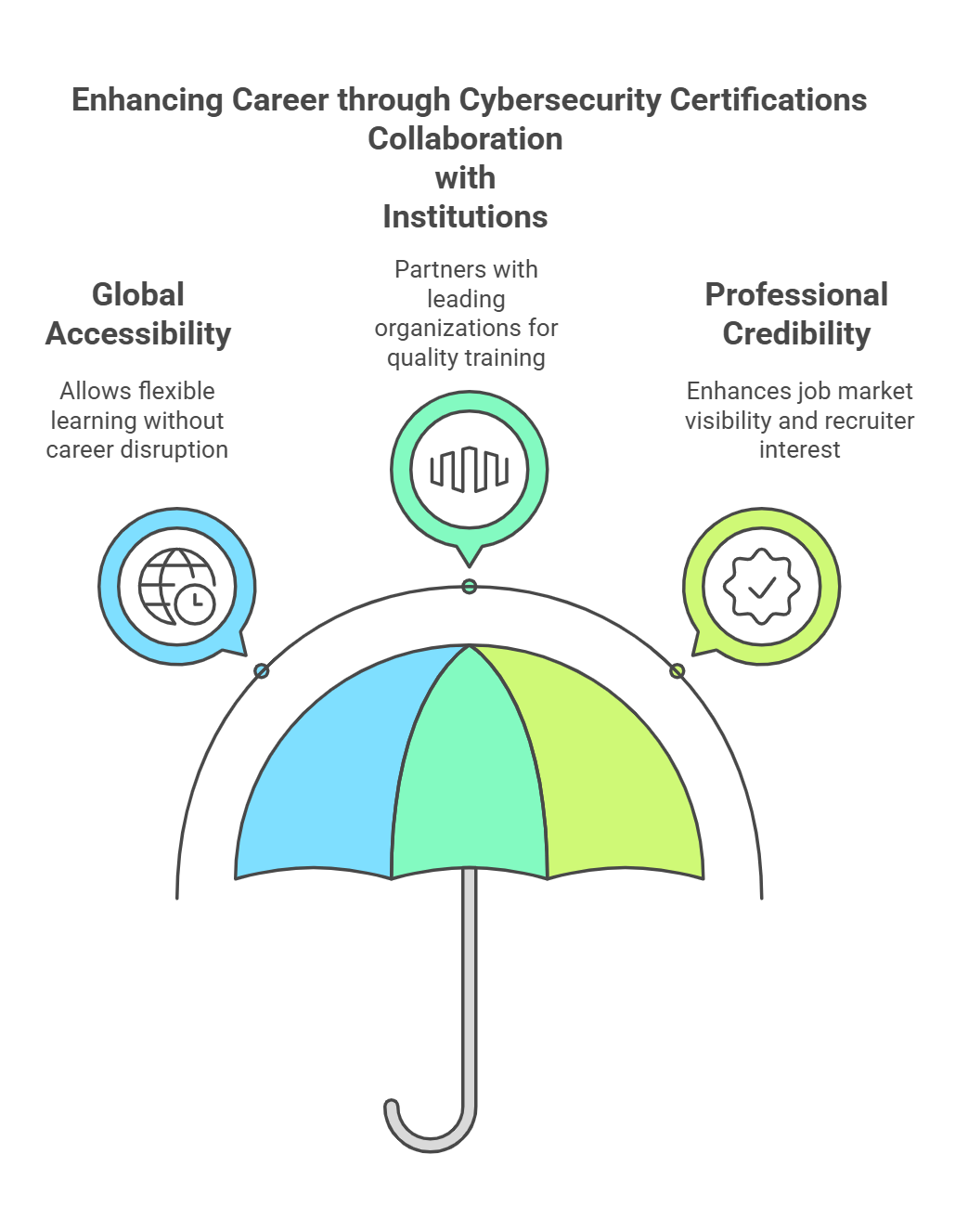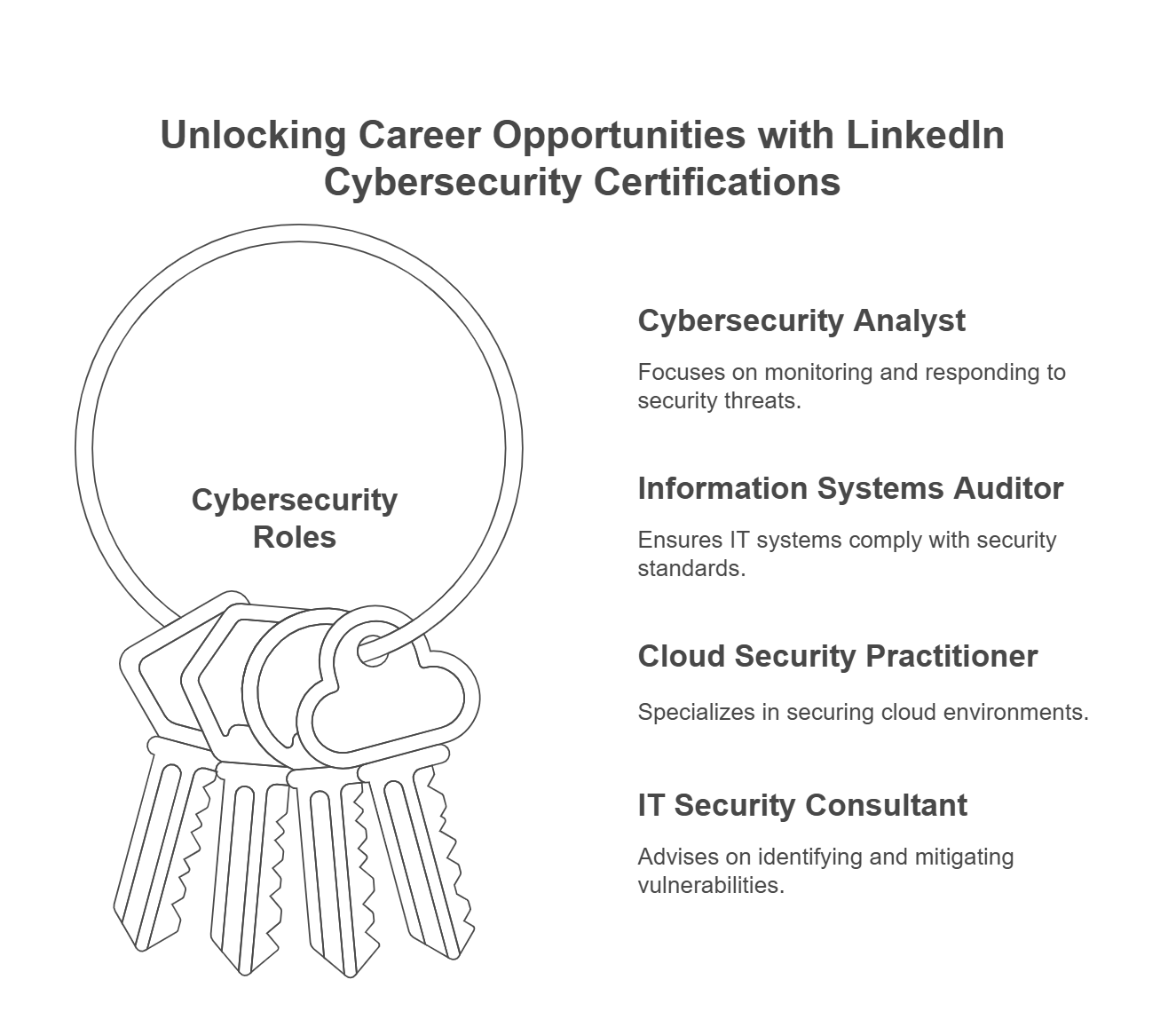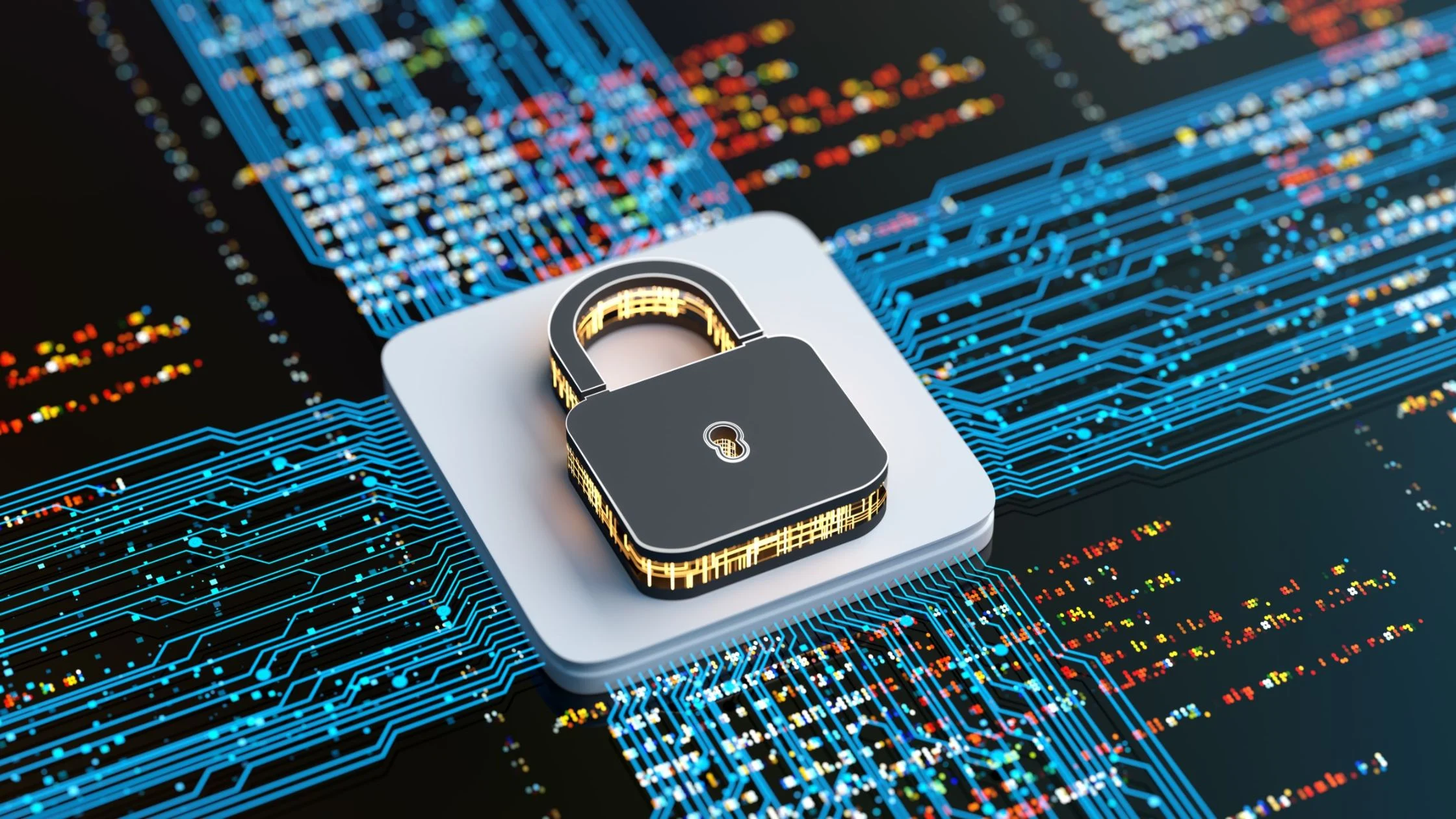Table of Contents
The world of cybersecurity is growing at an unprecedented rate, with businesses, governments, and organizations scrambling to keep up with emerging cyber threats. As the need for skilled professionals continues to skyrocket, Cybersecurity Certification Course Free programs have become an essential credential for anyone seeking to enter or advance in this field. However, with so many options available, it can be overwhelming to figure out where to start and which certifications to pursue.
The cybersecurity certification mindmap offers a strategic tool to simplify this decision-making process. Think of it as a visual roadmap that categorizes certifications by roles, expertise levels, and domains. It helps you organize your career progression and select certifications that align with your goals and industry demands.
In this blog, we will explore the concept of the cybersecurity certification mindmap, how to build one, and why it is essential for professionals at every stage of their career. We’ll also showcase how tools like ACSMI’s 400+ modules can enhance your learning and help you successfully navigate this complex path.
What is a Cybersecurity Certification Mindmap?
A cybersecurity certification mindmap is a visual representation of various certifications, organized by key domains, roles, and expertise levels. Instead of drowning in a sea of certification acronyms like CISSP, CEH, or CISM, the mindmap groups these certifications based on common skills or career goals, allowing you to see the big picture of your cybersecurity career.
This approach helps you understand how different certifications build upon one another and connect with broader career objectives. For instance, if your goal is to become a penetration tester, you’ll see how you can start with foundational certifications like CompTIA Security+ and CEH, then progress toward more advanced certifications such as OSCP.
Why You Need a Cybersecurity Certification Mindmap
Here’s why a cybersecurity certification mindmap is an invaluable tool for your career planning:
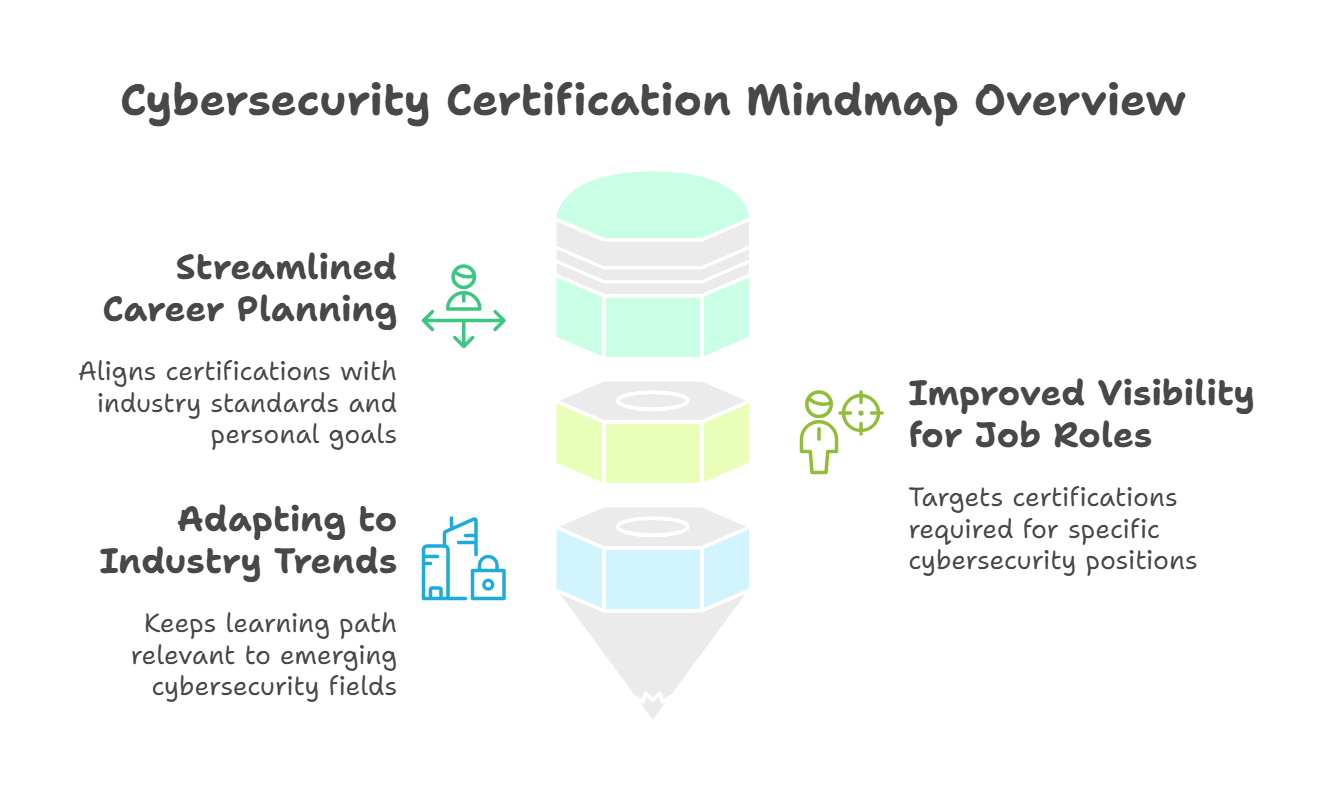
1. Streamlined Career Planning
A well-structured mindmap helps you align your certifications with industry standards and personal goals. It enables you to see a clear path forward, avoid redundancy, and make more informed decisions on which certifications are necessary for the career roles you want to pursue.
2. Improved Visibility for Job Roles
By categorizing certifications by roles, you can directly target the certifications that are required for specific cybersecurity positions. Whether you’re looking to become a SOC analyst, cloud security specialist, or a governance consultant, the mindmap will highlight which certifications are the most valuable for each role.
3. Adapting to Industry Trends
The cybersecurity landscape is constantly evolving with the rise of AI, IoT, cloud-first strategies, and the introduction of new regulations like the GDPR. A certification mindmap keeps your learning path relevant and allows you to explore emerging niches such as IoT security or AI-driven cybersecurity.
Building the Ultimate Cybersecurity Certification Mindmap
Creating an effective cybersecurity certification mindmap involves a few strategic steps. Here’s a guide to help you construct a mindmap that aligns with your career goals:
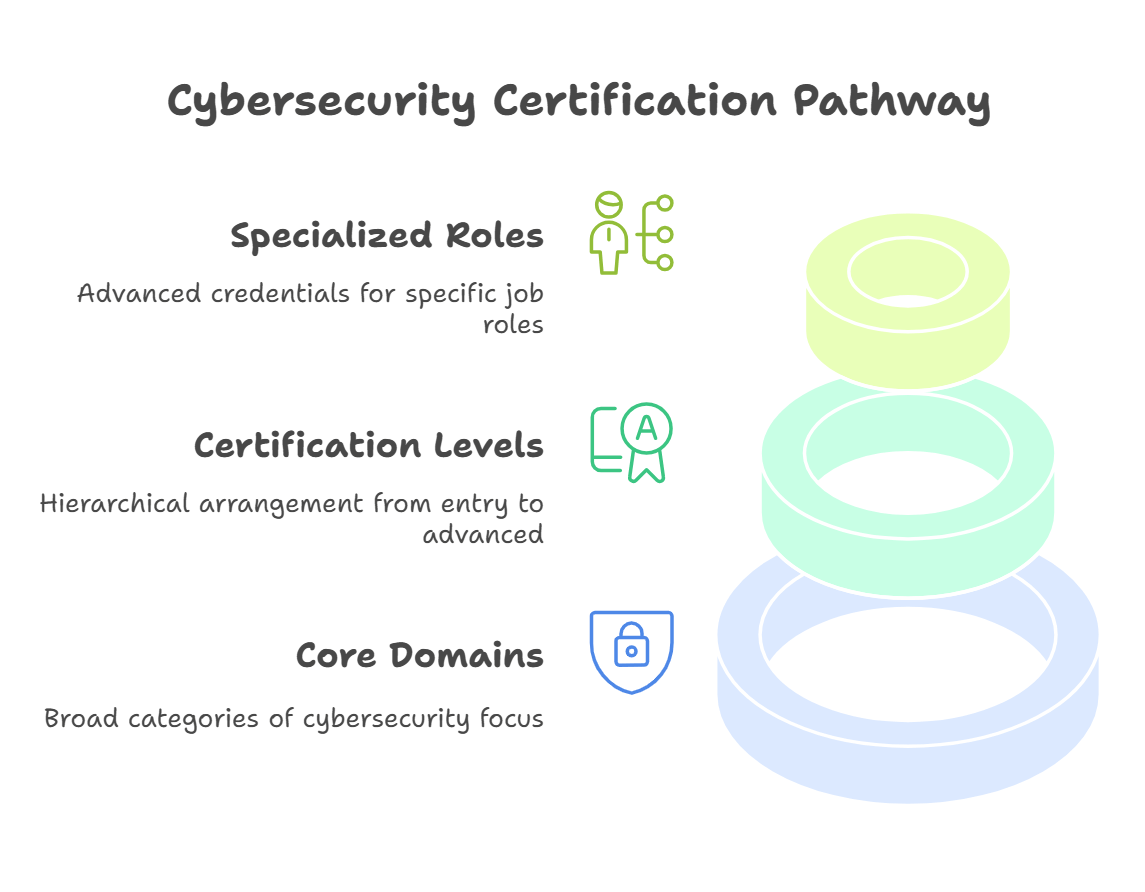
1. Start with Core Domains
At the core of your mindmap, divide the certifications into broad categories, such as:
-
Offensive Security: Penetration testing, ethical hacking, vulnerability assessments.
-
Defensive Security: SOC operations, malware analysis, network threat-defense systems.
-
Compliance and Governance: Risk management frameworks, regulatory mandates, audit preparation.
-
Cloud and IoT Security: Securing cloud infrastructure, IoT device networks.
These core domains serve as anchor points, organizing certifications based on their focus area and the skills they aim to develop.
2. Group Certifications by Levels and Roles
Within each core domain, arrange certifications from entry-level to advanced, based on the roles you aspire to. For example:
-
In the Offensive Security domain, you might start with certifications like CompTIA Pentest+ or CEH (Certified Ethical Hacker), then progress to more advanced credentials like OSCP (Offensive Security Certified Professional).
-
Similarly, in the Compliance and Governance domain, you might begin with CompTIA CASP+ (CompTIA Advanced Security Practitioner) and later pursue certifications like CISM (Certified Information Security Manager) to take on leadership roles.
This hierarchical structure shows the logical progression from beginner certifications to specialized roles.
3. Leverage Tools Like ACSMI Training Modules
The best way to enhance the visualization of your certifications is by pairing them with hands-on training. ACSMI’s 400+ modules are a fantastic resource to reinforce theoretical knowledge with practical, real-world applications. The ACSMI training modules can help you dive deeper into specific areas, whether you’re preparing for an entry-level role or advancing into specialized security domains.
Your Example Cybersecurity Certification Mindmap Explained
To make the most of your cybersecurity certification mindmap, here’s a step-by-step example of how to build it, focusing on the path you can take through different domains, considering the Google Cybersecurity Certification Price as an essential factor in your planning.
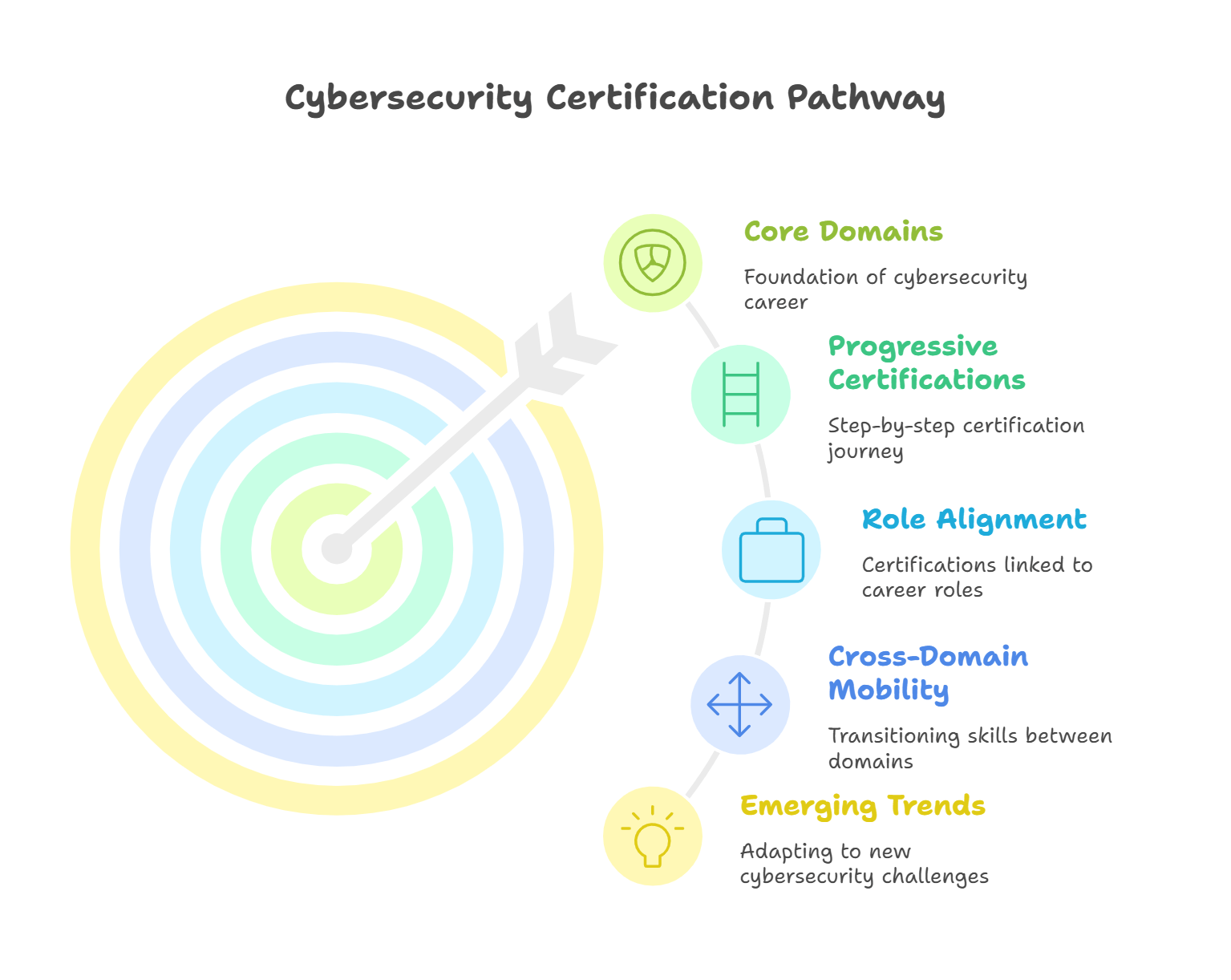
1. Begin with Core Domains
Start by mapping out the key areas of cybersecurity, each of which represents an essential part of your career development:
-
Offensive Security: Specializing in ethical hacking, penetration testing, and vulnerability assessments.
-
Defensive Security: Working in Security Operations Centers (SOCs), managing incident response, and implementing security monitoring.
-
Governance and Compliance: Managing risk, overseeing compliance, and conducting audits.
-
Cloud and IoT Security: Securing cloud environments, protecting IoT systems, and managing multi-cloud security solutions.
Each domain serves as the foundation for your certification journey.
2. Map Certifications Progressively
Layer certifications within each domain in a progressive order. Start with basic certifications for newcomers, and then move toward advanced certifications as your expertise grows. For example:
-
Offensive Security: Start with CompTIA Security+, then progress to CEH, and eventually OSCP for penetration testers.
-
Governance and Compliance: Begin with CompTIA CASP+, and work up to CISM or CISA for more senior roles.
3. Tie Certifications to Roles
After mapping out the certifications in each domain, connect them to specific cybersecurity roles that they qualify you for. For example:
-
If you focus on offensive security, you might target roles like penetration tester or ethical hacker.
-
A focus on cloud security could prepare you for roles like cloud security architect or cloud security engineer.
This step directly links your learning journey with career outcomes.
4. Connect Certifications Across Domains
Allow for horizontal mobility between domains. For instance, a penetration tester might start with certifications in offensive security but later pivot to cloud security by obtaining certifications like AWS Certified Security Specialty or Microsoft Azure Security Engineer. This reflects the interconnected nature of cybersecurity, where knowledge from one domain can transfer to another.
5. Prioritize Emerging Trends
Make sure your mindmap reflects the growing importance of emerging cybersecurity trends. Fields like AI-driven cybersecurity, 5G network security, and IoT security are becoming increasingly important. Consider adding certifications like AI-specific cybersecurity modules, IoT Practitioner, and Quantum Computing Security to your mindmap to stay ahead of industry demands.
Final Thoughts
In an ever-evolving industry like cybersecurity, having a clear career roadmap is essential. A cybersecurity certification mindmap is a valuable tool to help you chart your path, avoid unnecessary certifications, and focus on those that truly matter. Whether you're just starting your journey or seeking to specialize in an emerging field, the mindmap will ensure that you take the most efficient and relevant steps toward your career goals.
Combine your mindmap with hands-on training and ACSMI’s comprehensive resources to gain the skills needed to thrive in the cybersecurity world. Start building your cybersecurity certification mindmap today, and take the next step toward becoming a cybersecurity leader of tomorrow!
FAQs About Cybersecurity Certification Mindmap
1. What is the purpose of a cybersecurity certification mindmap?
A cybersecurity certification mindmap organizes certifications by roles and skills, helping professionals navigate their career paths and certifications more effectively.
2. Who can benefit from using a certification mindmap?
Both beginners and experienced professionals can benefit. It’s especially useful for those who want to specialize or advance in their careers.
3. Are there pre-made mindmaps available?
Some organizations offer general templates, but creating a customized mindmap ensures it aligns with your specific career goals.
4. Can training programs complement a mindmap?
Yes, combining a certification mindmap with hands-on training, such as ACSMI’s 400+ modules, allows you to deepen your theoretical knowledge and gain real-world skills.
5. How often should the mindmap be updated?
Since the cybersecurity field is constantly evolving, update your mindmap annually to include new certifications, technologies, and industry trends.
